China’s increasing political, economicn and military influence in South Asia may have a negative impact on democratic development trends but could help stabilise the long-running Indo-Pakistani conflict. China’s inceasing strategic presence in South Asia has to be viewed in this global environmrnt. China’s moves would undoubtedly contribute to optimize the rapid growth of the vast underserviced South Asian markets while increasing the import of Chinese products. However, these developments would progressively reduce India’s dominant influence in the sub continent and Indian Ocean Region (IOR) with the progressive increase in China’s strategic reach to the Indian Ocean littorals. interest in oil exploration in the Indian Ocean is a matter of strategic concern for India. Concerns have been expressed in India about what has come to be known as China’s "string of pearls" strategy of based and diplomatic ties stretching from the Middle East to southern China that includes Gwadar port in Pakistan, Chittagong in Bangladesh, and Hambantota in Sri Lanka. While Bangladesh has granted China exploration rights for developing natural gas fields of its own, friction in India- Bangladesh ties has precluded cooperation between India and Bangladesh on the issue of energy. China’s activities near the Kenyan port of Mombasa will make India further wary of Chinese long-term plans vis-a India. China’s interests in Afghanistan and Pakistan are complex and multi-dimensional, and are primarily driven by internal considerations. Currently, China’s leaders are concerned that a sighnificant drop in economic growth – a result of the global economic crisis – will lead to increased levels of unemployment and destabilizing levels of popular unrest. China’s need to maintain economic growth and domestic stability significantly inform its approach to Afghanistan and Pakistan. China certainly does not want to see nuclear-armed Pakistan be overrum by Islamic extremists. Nor does it want to see a degree of instability in either country that could complicate China’s access to their resoureces and transit routes. Additionally, of particular concern to Chinese authorities is the possibly that extremists could migrate from Afghanistan or Pakistan into China, or that their activities could catalyze extremists groups in its interior provinces. As the book addresses this crucial issue quite deftly, it is hoped that it would prove to be a sources of great information for the reader.
China-South Asian Issues Equation and Politics
In stock
Free & Quick Delivery Worldwide
reviews
Bibliographic information
Title
China-South Asian Issues Equation and Politics
Author
Edition
1st.ed.
Publisher
Surendra Publications, 2017
ISBN
9789382192725
Length
viii+268p., 24cm.
Subjects

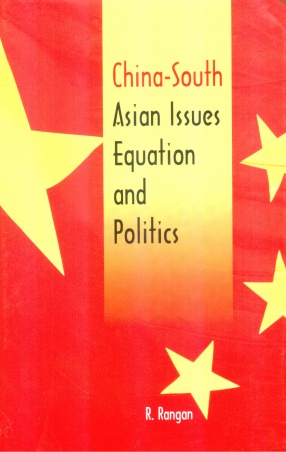
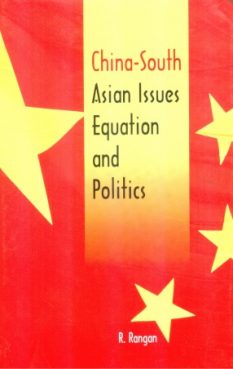
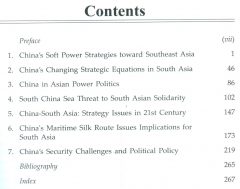

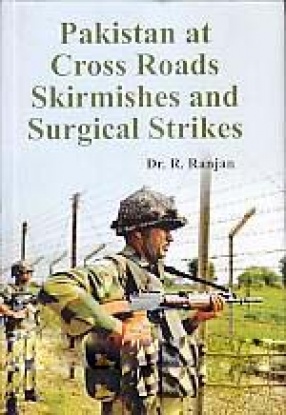


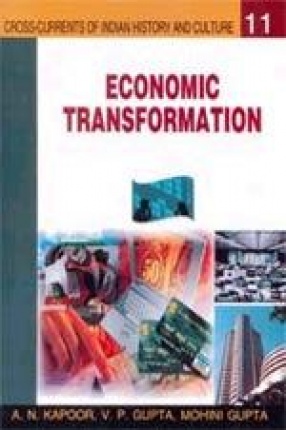

There are no reviews yet.